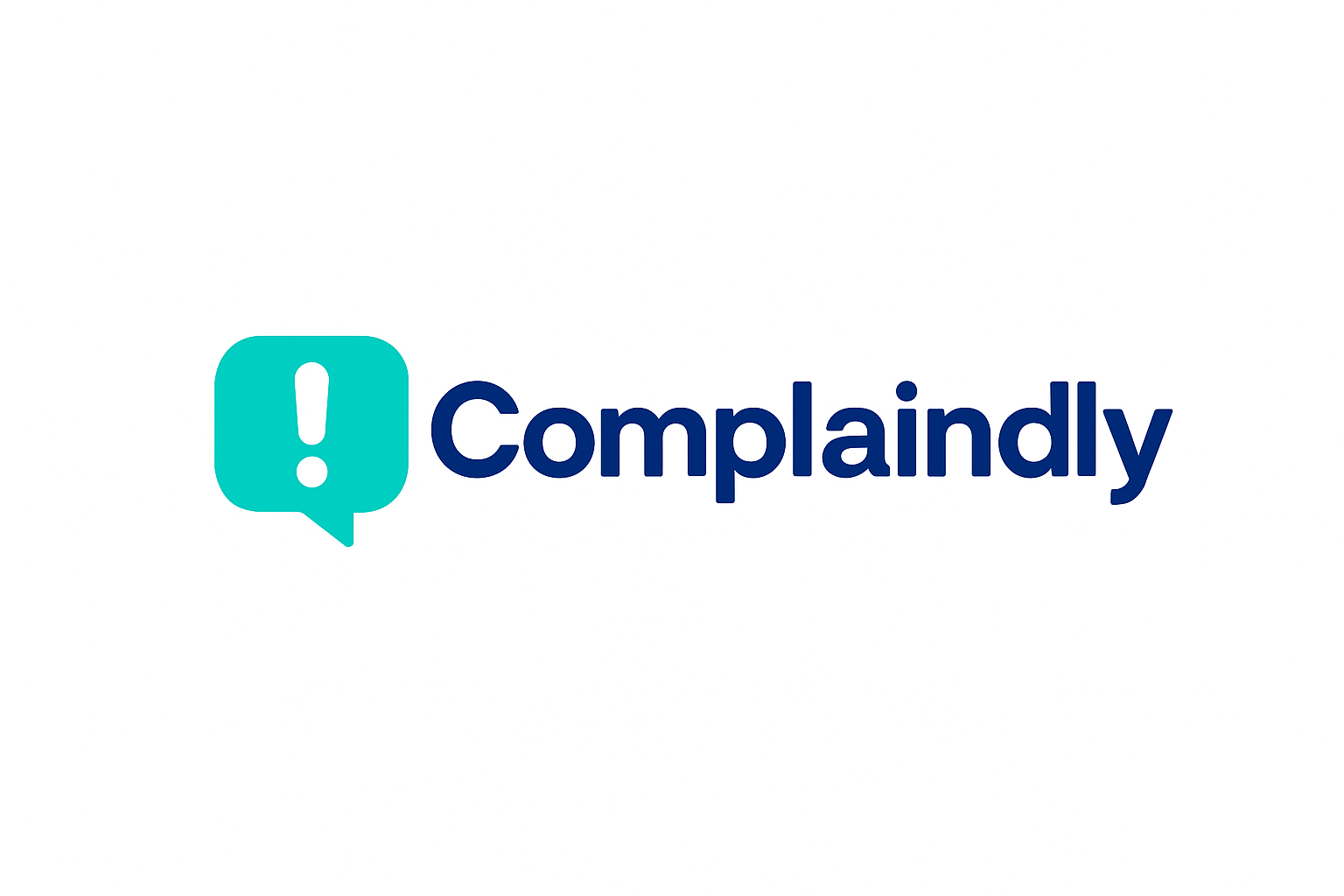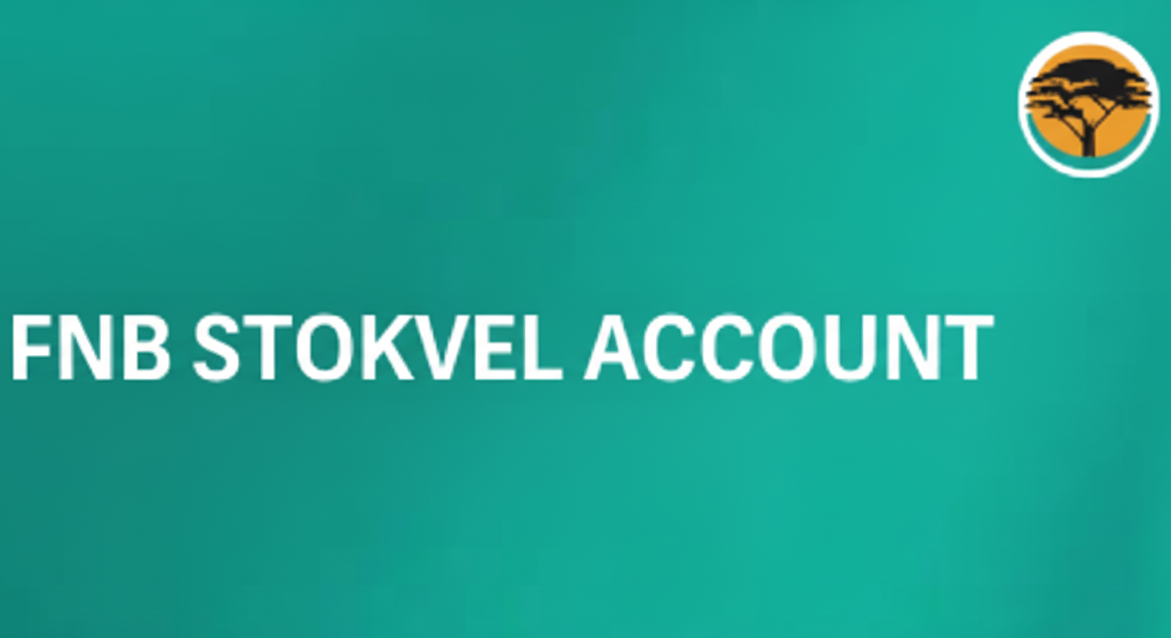I’ve been thinking a lot about saving money lately, especially with how things add up so quickly here in South Africa. If you’re part of a group trying to pool funds, the FNB stokvel account requirements might be just what you need to get started properly. They’re straightforward enough that even I could figure them out without too much hassle.
Stokvels have been around forever in our communities. You know, that old-school way where friends or family chip in every month and take turns getting the lump sum. It’s like a promise to yourself and others that you’ll stick to saving. But now banks like FNB make it easier by turning it into a proper account. No more hiding cash under the mattress or worrying about who keeps the book.
I remember my aunt’s group back in the day. They met at someone’s house, counted out notes, and hoped no one forgot their turn. Things got messy once when the secretary ran off with the pot. That’s why I like the idea of a bank handling it. FNB’s version keeps everything digital and secure. You can check balances on your phone without drama.
FNB Stokvel Account Requirements
Getting into the FNB stokvel account requirements starts with the basics. You need at least three people in your group. That’s the minimum to form a proper stokvel. Each one should be a South African resident or even a foreign national if they’re living here. FNB wants to make sure everyone’s legit, so you’ll go to a branch to open it.
The signatories are key here. You pick three of them from your group. These are the folks who can approve payouts and manage changes. Each signatory hands over their ID book or card and proof of residence. Something like a utility bill or bank statement works. It’s not rocket science, but it keeps things official.
Your group also needs a constitution. Think of it as a simple agreement on paper. It spells out how much everyone contributes, when payouts happen, and what the money’s for. Weddings, school fees, or just a big holiday. FNB asks for this to understand your setup. No need for a lawyer; just write it clearly.
No minimum deposit to start. That’s a relief. You can open with whatever you scrape together at first. Interest kicks in on any positive balance right away. No waiting for a big amount. Fees are low too. No monthly charge, which beats some other group accounts I’ve heard about.
Once open, all members get access. Not just the signatories. Everyone can view the balance through the FNB app or online banking. It’s handy for trust. No more arguments over who’s short. Deposits go in via EFT or even cardless at ATMs. Free for members.
Payouts need two signatories to okay them. That stops impulse spending. You transfer straight to members’ accounts. No cash shuffling around. I like that part. It’s like having a built-in babysitter for the money.
See also: FNB private clients requirements
Interest rates change, but they’re competitive for savings. Check FNB’s site for the latest. It compounds monthly if you leave it. Over time, that extra bit adds up. Better than letting money sit idle.
I’ve chatted with a few people who’ve used this. One cousin started a work stokvel for bonuses. They met the FNB stokvel account requirements easily and now everyone sees the progress. No surprises at year-end.
Beyond opening, the FNB stokvel account requirements touch on ongoing stuff. Keep your constitution updated if rules change. Signatories can add or remove members, but it needs approval. Everyone stays informed via SMS alerts. FNB’s inContact system sends notifications for transactions. Free and quick.
If someone’s phone dies or they forget, the app has statements. Download them anytime. It’s all paperless mostly. Good for the environment and less clutter at home.
Compare it to a regular savings account. This one’s tailored for groups. Shared access means no one feels left out. Plus, funeral cover options through the group plan. Discounted premiums if you link it.
I get why some hesitate. Banks feel formal. But FNB keeps it simple. Walk in, show docs, sign up. Takes under an hour usually. Worth it for peace of mind.
Think about the payouts. In a traditional stokvel, you might wait months. Here, you schedule them. Hit the button when it’s time. Funds land in personal accounts fast. No chasing people down.
Interest is a nice perk. Even small amounts earn something. Say your group saves R500 a month each. With ten members, that’s R5,000 monthly. Over a year, it grows. Not millionaire status, but steady.
FNB handles security well. Two approvals mean no solo raids on the pot. I’ve seen stories online where groups fell apart over mistrust. This setup builds confidence.
Members can deposit anytime. Busy week? EFT from your phone. No branch visit needed after opening. That’s modern life for you.
The constitution part trips some up at first. But it’s just a few pages. Outline contributions, like R200 per person monthly. Payout order by draw or rotation. Rules for late payments, maybe a small fine. Keeps everyone accountable.
FNB reviews it to ensure it’s fair. No shady stuff allowed. Once approved, you’re set.
Signatories handle invites too. Add a new member? They verify ID again. Fits the FNB stokvel account requirements for ongoing management.
I appreciate the no-minimum vibe. Not every group starts big. Maybe you’re just neighbors saving for a braai fund. Or colleagues for team outings. Scales to whatever.
Interest calculation is daily, paid monthly. NACM rate is what they quote. Effective rate factors in compounding. Leave it longer, watch it snowball. Like that extra interest on interest trick.
Fees only on transactions. Withdrawals or transfers cost a bit, but deposits are free mostly. Check the pricing guide on their site. Keeps surprises low.
All this ties back to the FNB stokvel account requirements being group-focused. Three signatories ensure balance. Everyone’s voice matters.
In my experience, sharing finances works best with clear rules. FNB enforces that lightly. No nagging, just structure.
Payouts to chosen accounts mean flexibility. Someone needs cash for an emergency? Approve and send. But stick to the plan mostly.
The app integration shines. Log in, see the balance. Transaction history right there. Feels personal yet shared.
Foreign nationals qualify too. Great for mixed groups. As long as proof of residence.
Opening at a branch builds that human touch. Advisor explains everything. Answers questions on the spot.
Post-opening, manage remotely. Perfect for spread-out groups. One in Joburg, another in Cape Town. App bridges the gap.
Disclaimer: The information provided in this blog is for educational and informational purposes only and should not be considered financial, investment, or legal advice. I am not acting as your financial advisor. You should always do your own research or consult with a qualified professional before making financial decisions.


